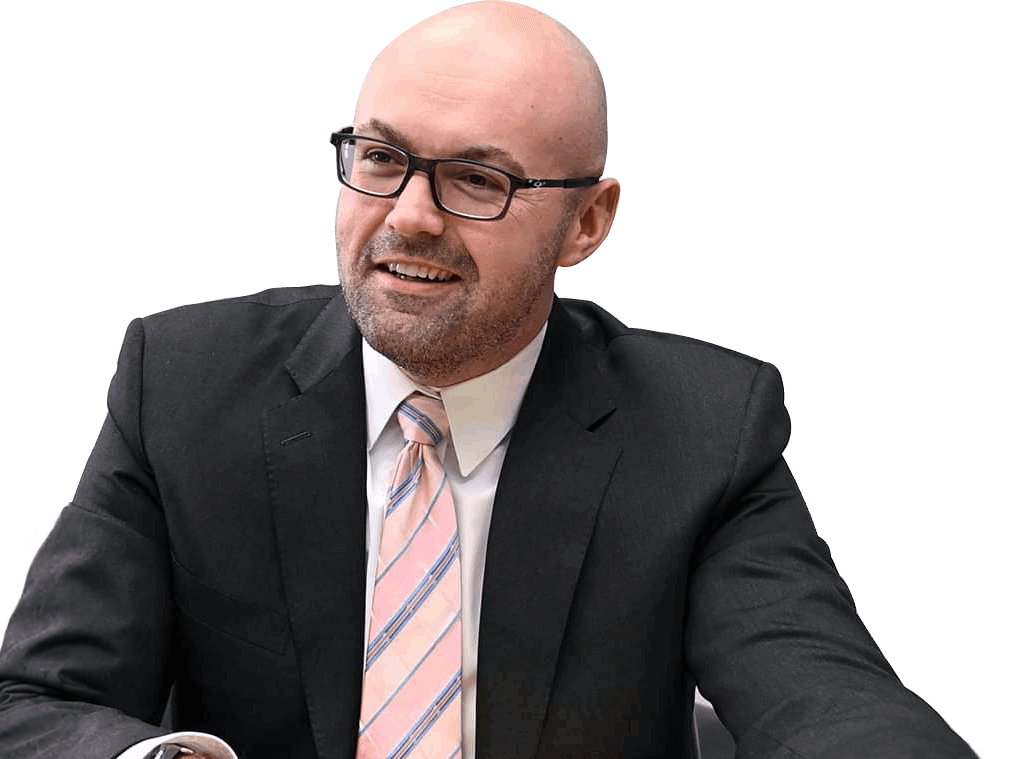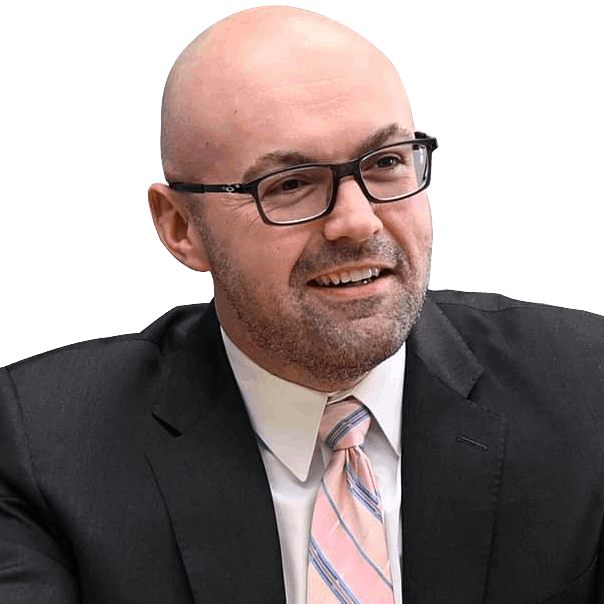In the Clark-Division corridor—home to high-rise residents, outpatient surgical centers, and facilities like Northwestern Memorial, patients expect reliable, safe care when undergoing sedation. But in fast-paced outpatient settings or high-volume hospitals, even small anesthesia oversights can result in severe injuries. Whether you were treated on Division Street, near North Clark, or at a Gold Coast ambulatory facility, anesthesia must be administered, monitored, and reversed correctly.
At Chicago Injury Lawyer, we represent patients harmed during procedures at hospitals and clinics in the Clark-Division area, including elective cosmetic surgeries, GI procedures, orthopedic injections, and OB/GYN sedation cases. We handle cases involving both private and academic hospital systems.
Learn more about sedation safety at the Anesthesia Patient Safety Foundation.
Call us now at 312-261-5656 for a free, no-obligation consultation, available 24/7. With our no-fee-unless-we-win policy, you can focus on your recovery while we handle the rest.
Why Anesthesia Mistakes Happen in Clark-Division Facilities
In this urban medical corridor, anesthesia malpractice often arises from rushed elective procedures, minimal post-op supervision, unsupervised CRNAs in outpatient suites, lack of allergy reviews in digital charts, and discharge before adverse reactions develop. These failures commonly impact young professionals, retirees, cosmetic surgery patients, and LGBTQ+ individuals receiving hormone or reproductive-related care.
If providers failed to uphold clinical standards, you may have a claim under Illinois malpractice law.
Common Anesthesia Errors in Clark-Division Clinics
We investigate:
- Incorrect dosage of sedatives or anesthetic gases
- Failure to monitor oxygen saturation or cardiac rhythms
- Post-anesthesia complications ignored or improperly charted
- Language-access issues during pre-op clearance
- Inadequate physician supervision in “twilight” outpatient clinics
These incidents occur at clinics along Division Street, North Clark, and North Dearborn, including outpatient facilities linked to Northwestern, Illinois Masonic, and Erie Family Health Center.
Severe Injuries Caused by Sedation Negligence
We’ve helped patients recover from anesthesia awareness (waking during surgery), hypoxic brain damage, cardiac arrest in post-op units, long-term memory loss, speech difficulty, and surgical delay injuries from failed sedation. If you suffered similar harm, contact our surgical error attorneys to begin an immediate review.
Filing a Malpractice Claim in Cook County After a Clark-Division Injury
Claims for sedation-related injuries are filed at the Cook County Circuit Court – Daley Center, 50 W. Washington St., Chicago. Illinois law allows two years from the date of discovery to pursue a claim.
We help Clark-Division patients file against:
- Northwestern Memorial Hospital and its affiliates
- Advocate-affiliated outpatient surgical teams
- Private cosmetic and GI clinics on Clark and Division
- Anesthesiologists, CRNAs, and surgical group practices
- Equipment manufacturers (e.g., defective infusion pumps, alarms)
If your injury stemmed from an undiagnosed condition before anesthesia, see our misdiagnosis malpractice page.
What to Do After a Suspected Anesthesia Injury in Gold Coast
Secure your surgical and anesthesia logs immediately. If you notice speech issues, confusion, or fatigue post-op, seek neurologic or pulmonary testing. Report medication or device failures to FDA MedWatch. File complaints with the Illinois Department of Public Health. Contact a Chicago Injury Lawyer for a free legal consultation within 24 hours.
For incidents involving ambulance or police response, request records from the Chicago Police 18th District – Near North.
Our hospital negligence team helps secure and interpret medical logs before they’re amended or lost.
For a free legal consultation, call 312-261-5656Why Clark-Division Patients Trust Chicago Injury Lawyer
We’re trusted by Gold Coast residents because we offer no-fee consultations, extensive experience in both academic and boutique healthcare negligence, bilingual legal support, and proven results in Cook County malpractice litigation. Whether you were harmed in a cosmetic clinic or major surgical suite, we will pursue the highest compensation available.
If your anesthesia injury caused tissue loss or limb removal, see our amputation malpractice attorneys.
EXCELLENTTrustindex verifies that the original source of the review is Google. I can't stress enough how grateful I am that we hired Paul Marriett to help us with our case. His communication was not only timely and thorough but also understandable. He did a phenomenal job guiding us through the process and preparing us for the courtroom, which put our minds at ease. Once our hearing came, he did his job flawlessly and won our case. Additionally, he was quite pleasant to speak with when our judge was behind schedule and while the court was in recess. I highly recommend him to anyone needing an attorney and will reach out again in the future should we ever need representation.Posted onTrustindex verifies that the original source of the review is Google. Very professional and helpful! I would recommend to all my friends and family to hire him. He was eager to know the circumstances of my case even before I hired him. I did contact other lawyers and offices, but none came close to the comfort I felt while talking to Mr. Marriertt, I really felt like he cared about the situation I found myself in. He deserves 6 stars for going above and beyondPosted onTrustindex verifies that the original source of the review is Google. Paul helped me out with a traffic citation. The communication was great as he walked me through my options and what to expect with my court date and plea deal. 10/10 service. Highly recommended. Thanks again, Paul.Posted onTrustindex verifies that the original source of the review is Google. Paul was very professional, sharp dressed and clearly a notch above most in the courtroom. He understood my plight and refused to be bullied. Knows the law to a T....I'm keeping him on speed dial. I think u will trust him too.Posted onTrustindex verifies that the original source of the review is Google. BEYOND satisfied with the services & representation! The communication & efforts have been above & BEYOND! Amazing price as well for a minor traffic hiccup. 11/10 recommend & prefer this firm for any future occurrences!!! Very transparent, & puts in the effort to help you!!!Posted onTrustindex verifies that the original source of the review is Google. If you are needing a lawyer in Rockford or the surrounding areas this is the guy you need to get ahold of! Do not waste your time or money going to someone else.... From the very start Mr. Marriett was on top of his job. I called several lawyers before him and he was the first to thoroughly explain everything I needed to hear without even asking him to. The definition of a great lawyer. Each time we went to court he always let me know ahead of time either in person or via phone what the expectations or options would be going in. I highly recommend Paul Marriett if you are in need of a lawyer!Posted onTrustindex verifies that the original source of the review is Google. Explained everything well. Kept us informed. I'm glad we found him.Posted onTrustindex verifies that the original source of the review is Google. I am very late on sharing my feedback only because I’m google illiterate. Attorney Merriett did a very smart excellent job for me and not real expensive considering how stupid I was to get in trouble . Thank you! For all your professionalism! Bruce P.Posted onTrustindex verifies that the original source of the review is Google. Great service and a reliable lawyer. I'm glad we got him instead of getting anyone else. :)
Get Directions to Our Law Office
Visit us in Chicago for a free consultation
- Address: 101 N Wacker Drive, Suite 100B, Chicago, IL 60606 Get Directions
- Driving Directions: If you’re traveling from The Loop, head north on Wacker Drive. Our office is between Lake and Randolph Streets, easily accessible from I-90 and I-94.
- Parking Options: Convenient parking is available at nearby garages, such as the Wacker & Monroe Garage, and there are metered spaces along N Wacker Drive.
- Landmarks Nearby: Our office is just steps from the Chicago Riverwalk and close to The Loop, making it a convenient location for visitors.
Contact Us
Chicago Injury Lawyers
101 N Wacker Drive, Suite 100B
Chicago, IL 60606
Phone: (312) 261-5656
Email: contact@chicagoinjurylawyer.com
Hours: 24/7

FAQs – Anesthesia Malpractice in Clark-Division, IL
What is anesthesia malpractice?
It’s when improper administration, monitoring, or failure to respond during sedation causes patient harm, physical or neurological.
Can I sue if I woke up during surgery?
Yes. Anesthesia awareness is a valid legal claim. If related to childbirth or OB/GYN care, explore our birth injury page.
Who may be responsible—the doctor or the facility?
Either or both. We analyze contracts, staff supervision, and sedation protocols to determine liability.
What is the deadline to file?
Generally, two years from the date of discovery. Some exceptions apply for delayed harm recognition.
What evidence helps support a claim?
Anesthesia records, vitals logs, nursing notes, consent forms, and testimony from a licensed anesthesiologist.



